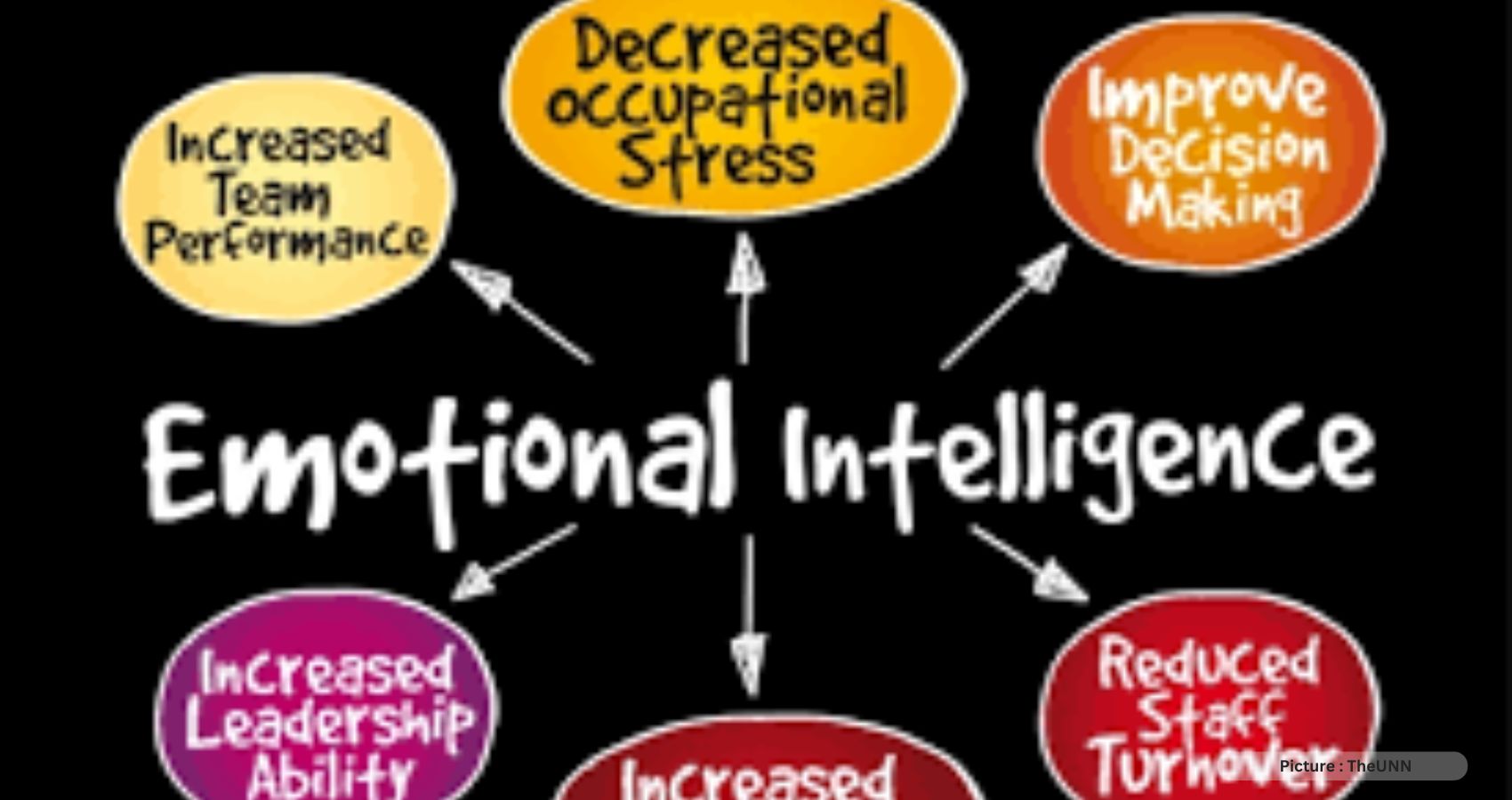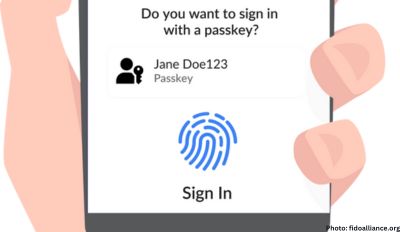When Satya Nadella assumed the role of Microsoft CEO in 2014, he displayed a distinct leadership approach. Rather than boasting about IQ points or intellectual achievements, he emphasized the importance of understanding people and building meaningful connections as a leader. His key mantra for effectiveness and setting himself apart from the crowd was encapsulated in just two words: emotional intelligence.
In a widely publicized event nearly a decade ago, Nadella addressed a large audience of students on the topic of their future and possibilities. During his speech, he stressed the significance of developing emotional intelligence (EQ), saying, “In the long run, EQ trumps IQ. Without being a source of energy for others, very little can be accomplished.”
Research indicates that companies that prioritize emotional intelligence in their workforce tend to experience higher levels of productivity and employee engagement compared to those that overlook this vital aspect.

In an era where technological advancements often take center stage, the importance of emotional intelligence can sometimes be overshadowed. However, leaders like Satya Nadella have shown that emotional intelligence is not merely a desirable trait but a crucial element for achieving lasting success in the corporate landscape.
Let’s delve into several ways in which leaders and high achievers can harness emotional intelligence to enhance their own performance and create a more productive workplace environment.
1.Empower Through Active Listening
Two decades ago, I reported to an executive who possessed a high level of emotional intelligence, and I gleaned a valuable lesson that has stayed with me to this day. I was leading a team through a challenging project, and the pressure was palpable, causing tensions to run high. Within the team, there was a quieter member struggling to find their voice amid the chaos.
Instead of steamrolling ahead with his own ideas, our executive, who was also our boss, took a step back. He approached the team member and asked a simple but powerful question: “What do you think?” The impact was astonishing. The team member’s face lit up, and they began to share their valuable insights, including a brilliant solution that hadn’t been considered before. Subsequently, the project achieved resounding success, and we all imbibed a crucial lesson: Leadership is about empowering others and valuing their perspectives.
2.Lead with Authenticity and Empathy
Emotional intelligence is not synonymous with being overly sentimental or softhearted. It is about comprehending the emotions, motivations, and aspirations of the individuals you work with. It involves creating an environment where everyone feels genuinely valued and heard.
The crux of leading with emotional intelligence is to actively listen, empathize, and lead with authenticity. It also entails recognizing and managing one’s own emotions because a high-performing leader who can’t or won’t navigate their own feelings often struggles to guide a team effectively.
3.Embrace the Power of Humility
Admitting that you don’t have all the answers can be uncomfortable, especially when people expect you to provide solutions. Garry Ridge, chairman emeritus of WD-40 Company, had an unconventional perspective during his tenure as CEO. Ridge found that the three most powerful words he ever learned were “I don’t know.” As he became comfortable with not having all the answers, he started to experience personal growth and learning.
Ridge emphasizes that, “As soon as you pretend to know everything, you close yourself off from the opportunity to learn more and gain different perspectives. So, not only have I become comfortable with ‘I don’t know,’ but even more so today, I constantly ask myself, ‘Why do I believe that?’ This is because the world is changing so rapidly.”
As you reflect on your own leadership style, remember that authentic leadership is not about having all the answers but about creating a space where collective brilliance can flourish.
Satya Nadella, in his ongoing role as the leader of Microsoft, continues to demonstrate the power of emotional intelligence. His example underscores that emotional intelligence is not just a buzzword but a potent force that can shape the future of leadership in the tech industry and beyond.
The wisdom shared by Satya Nadella and other experienced leaders emphasizes the importance of emotional intelligence in today’s corporate landscape. This intangible yet powerful attribute, often overshadowed by technological advancements, plays a pivotal role in driving productivity, fostering collaboration, and shaping the future of leadership in the ever-evolving world of business.











